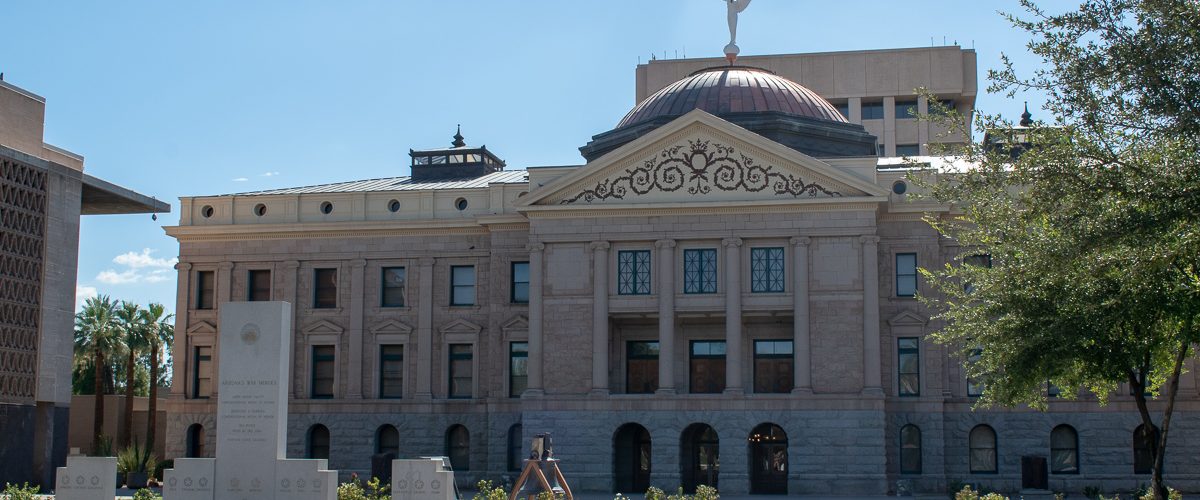Arizona’s 54th Legislature kicks off its session Jan. 14, after which Gov. Doug Ducey (R-AZ) will deliver his State of the State Address.
Although remaining under Republican control, the Arizona House of Representatives will make history by having the closest margin in more than 60 years after a record number of Democrats were elected in November.
The Senate also has a Republican majority, with most of its members returning.
2018 was a turbulent year at the state legislature primarily focused around the issue of teacher pay. The session ended with the enactment of Gov. Ducey’s 20×2020 which provides a 20 percent pay increase within the next three years.
This year state lawmakers must come together to resolve issues regarding a drought contingency plan, tax conformity, transportation and muliple education issues.
In January legislators must decide whether or not Arizona will conform to the federal tax code. They could quickly pass a bill that follows simple conformity and fully adopts the federal tax code, conform while adding state reforms, or create an entirely new tax code.
In an earlier article, CBN explored which option would be best for the state.
Lawmakers must also finish Arizona’s drought contingency plan.
According to Senate President-elect, Karen Fann (R-1), they are 90 percent done and just need to cross the finish line.
“If we don’t come up with something that we can accomplish, then the federal government is going to step in and that might be something we don’t like,” she said. “Helping our members understand exactly what we’re trying to accomplish is probably the biggest challenge we have right now because this is a very confusing issue with a lot of people involved. So, it’s very, very important that we all understand exactly what we’re voting on and the impact or possible unintended consequences that could come out of it.”
Speaker of the House-elect Rusty Bowers (R-25), Senate Minority Leader-elect David Bradley (D-10), and House Minority Leader-elect Charlene Fernandez (D-4) also agree that water will be a top priority when the session begins.
Public education became both a national and state issue last year when the Red for Ed movement prompted teacher strikes, which ultimately resulted in lawmakers adopting a 20 percent pay increase for teachers by 2020.
“We know that education is still a big issue. The funding, the mechanism for funding, we know that we still have a teacher shortage, teacher retention issues,” Fernandez said. “I feel very hopeful that we’ll be able to work with the new superintendent, Ms. Hoffman. I’m just really excited about that and that maybe we can start incrementally working on [education] issues that affect outside of the metropolitan area — Maricopa County and Pima County — because those are different kinds of issues than [metropolitan] teachers are having.”
Public education funding, career and technical education, charter school reform, school improvement, expansion of high performing schools, school facilities reform, and workforce development and financial transparency are topics expect to be debated at the legislature.
Lastly, transportation remains a concern as the state’s roads, especially in rural areas, need improvement.
According to Bowers, “there are transportation issues that need to be addressed. Rural transportation issues, very demanding, but also, improving, because of the growth in Maricopa County, especially but also in Pima County. They have consistent transportation challenges.”
After the first session, Ducey will take the House floor and deliver his State of the State Address.
In his address he will discuss his top priorities for the upcoming year and later in the week release his proposed budget.
For more information on the event, click here.
















Add comment